One Local Food Hub
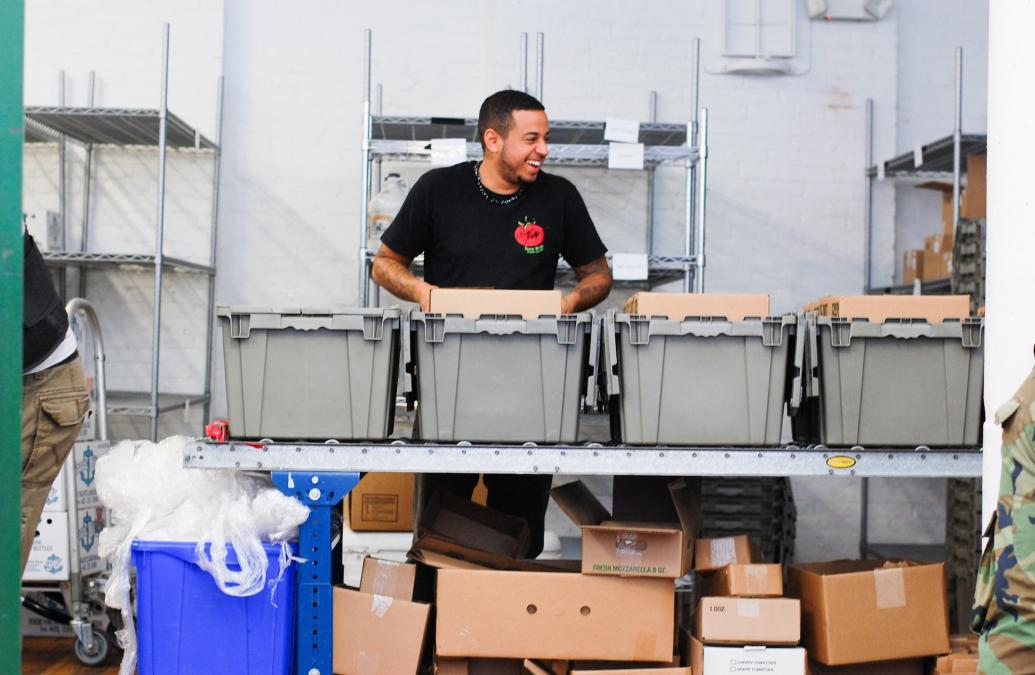
Welcome to Thursday morning at Farm Fresh Rhode Island. Earlier today, famers dropped off pounds of freshly harvested fruits and veggies. Now, in the warehouse, Farm Fresh packers are working to sort the produce – from more than 70 local farms – into specialized orders. By this evening, those boxes will be delivered to doors all over Rhode Island and the Boston area.
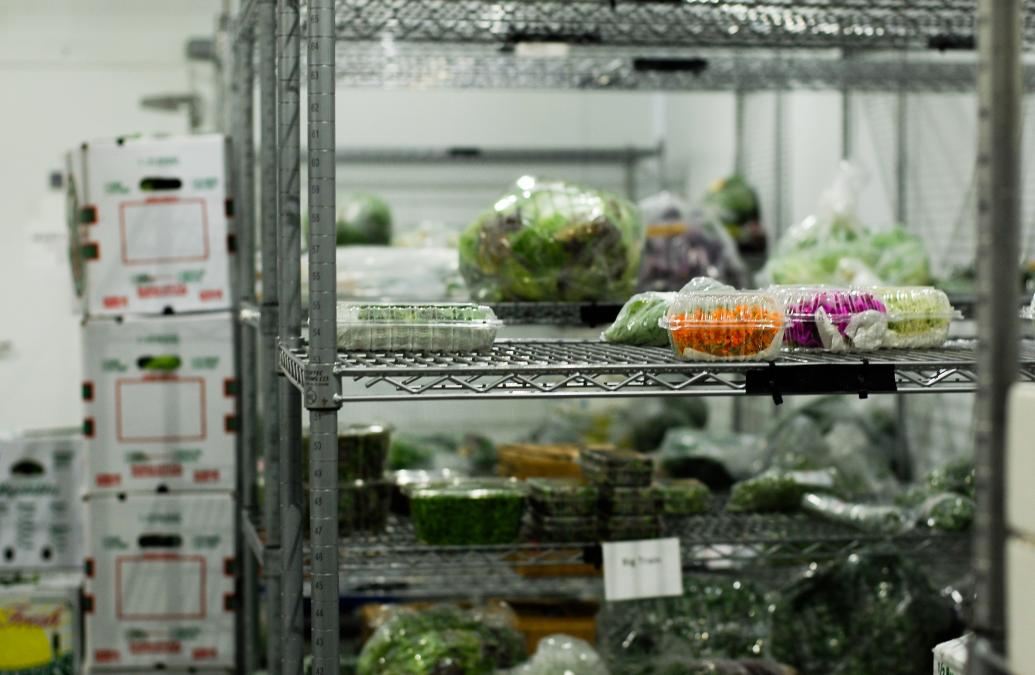
The Market Mobile program is efficient distribution at its best. Through an online ordering system, purchasers from restaurants, buying clubs, and co-ops can choose produce they want and farmers are able to sell the seasonal crops that are in stock. Last year, that meant moving nearly two million dollars worth of local food. And that doesn’t include sales from other Farm Fresh programs like weekly “Veggie Box” subscriptions and farm-to-school partnerships.

In 2004, Rhode Island’s local food system looked very different. Markets were poorly attended, small farmers were suffering, and Louella Hill ’04 and Noah Fulmer ’04 started Farm Fresh RI as a basic online farm guide to connect consumers and producers. One decade and a few office expansions later, 55 summer markets thrive around Rhode Island, many in low-income neighborhoods where shoppers can use SNAP/EBT benefits to receive extra money for fresh food.
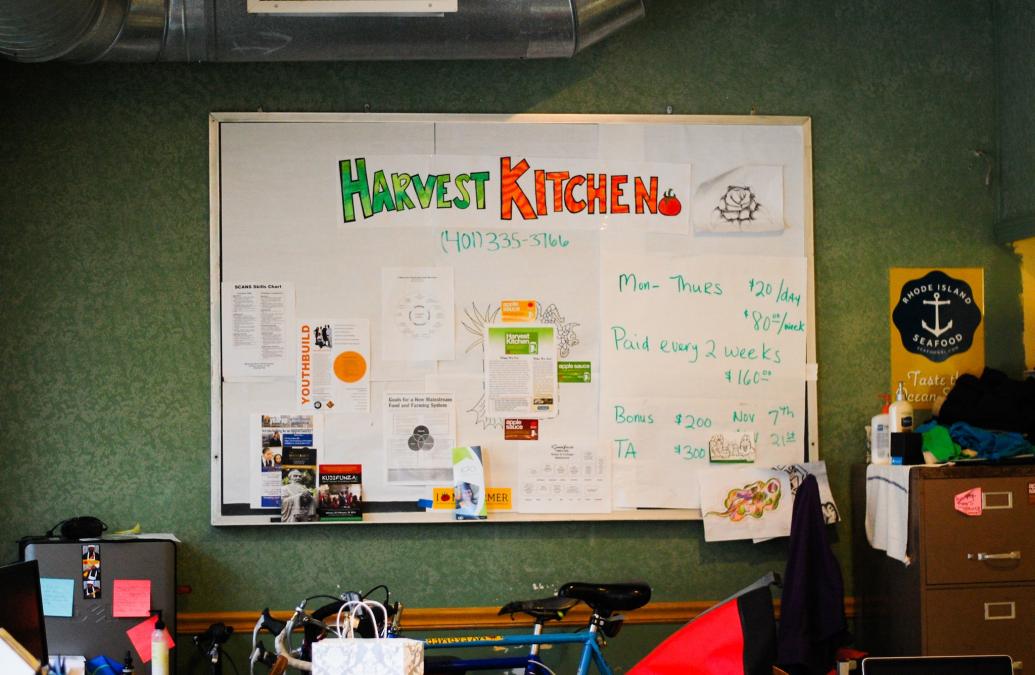
But making local food truly accessible means more than selling fresh products. Since its expansion into the local market scene, Farm Fresh RI has been piloting programs that combine nutrition education, financial incentives, and healthcare options to make local eating a viable choice for people of all income levels and social groups. Harvest Kitchen, housed a few blocks away from the Farm Fresh warehouse, is one of those programs.
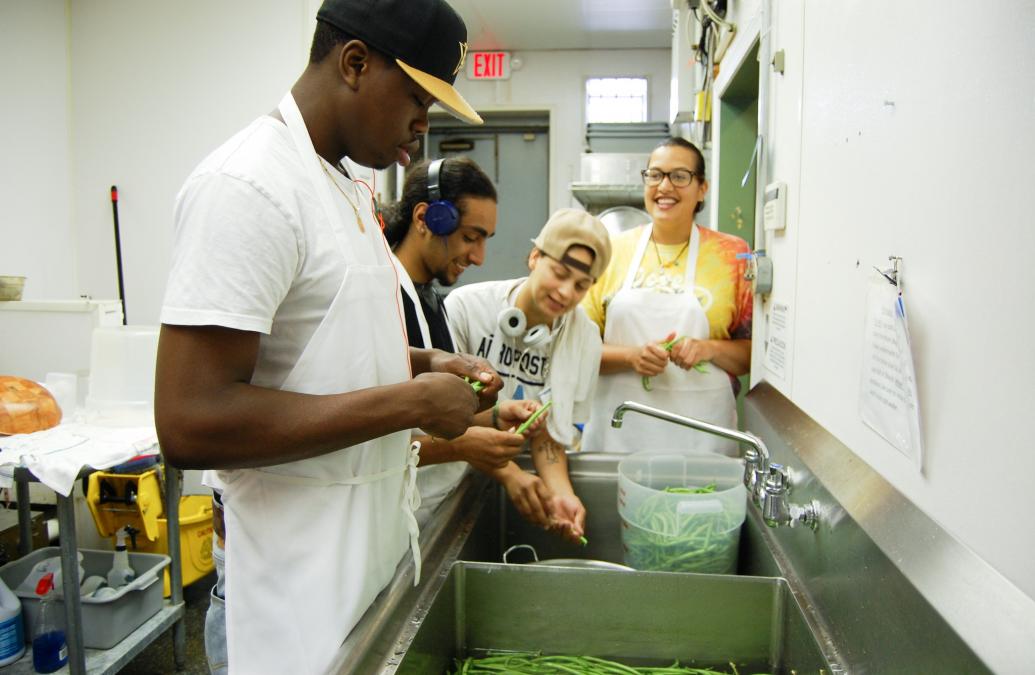
Here, youth in RI’s juvenile justice system are hired to make high quality preserved foods, like applesauce or pickled beans, from local fruits and veggies. Harvest Kitchen products are sold at Farm Fresh markets and in grocery stores around the state. The program is part culinary training and part healthy eating education – but Harvest Kitchen is also about creating community around food.
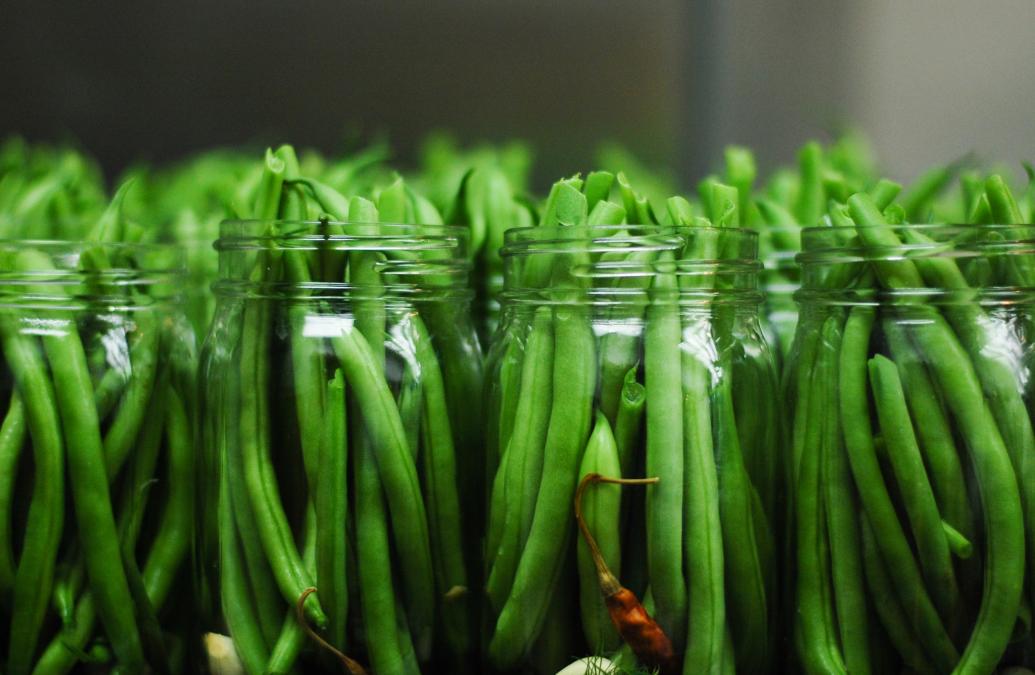
“While you’re making stuff, you’re also making food for yourself and other people,” says Osbert, a Harvest Kitchen graduate who now manages retail sales for the program. “You share stories, and it’s kind of like a little family. You get sad when your 65 days of work is over. You have a bond.”
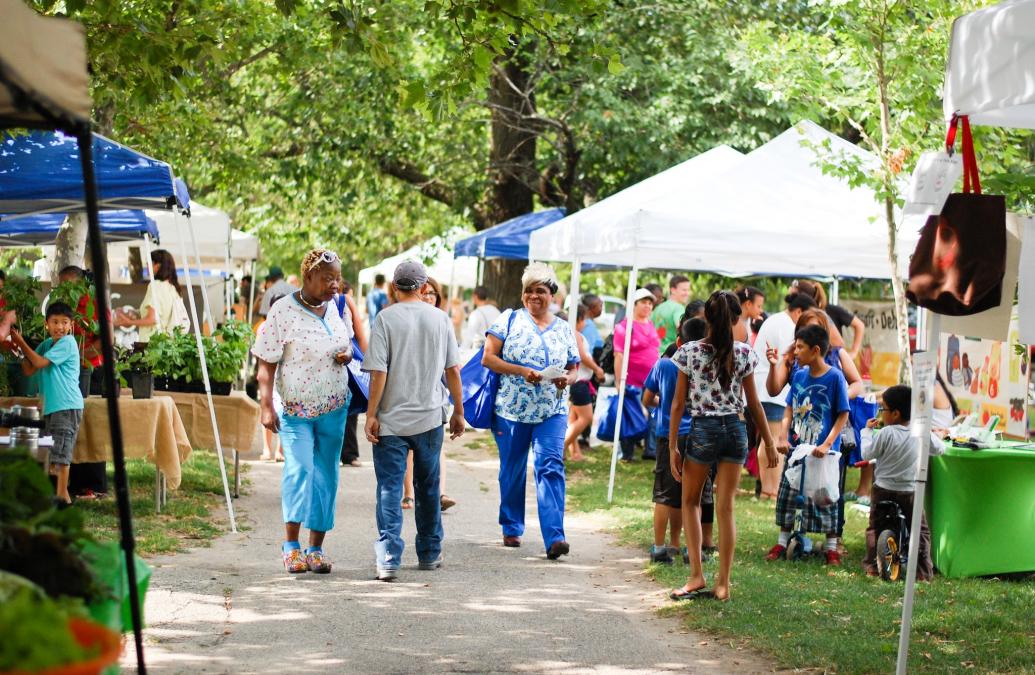
Farm Fresh RI’s co-executive director, Sheri Griffin, explains that gaining support and partnership for innovative food access programs is easier in a state like Rhode Island where farmers are never more than a 45 minute drive away and Farm Fresh staffers can carry local agriculture officials’ numbers in their cell phones. “The scale here makes things seem possible,” she says.
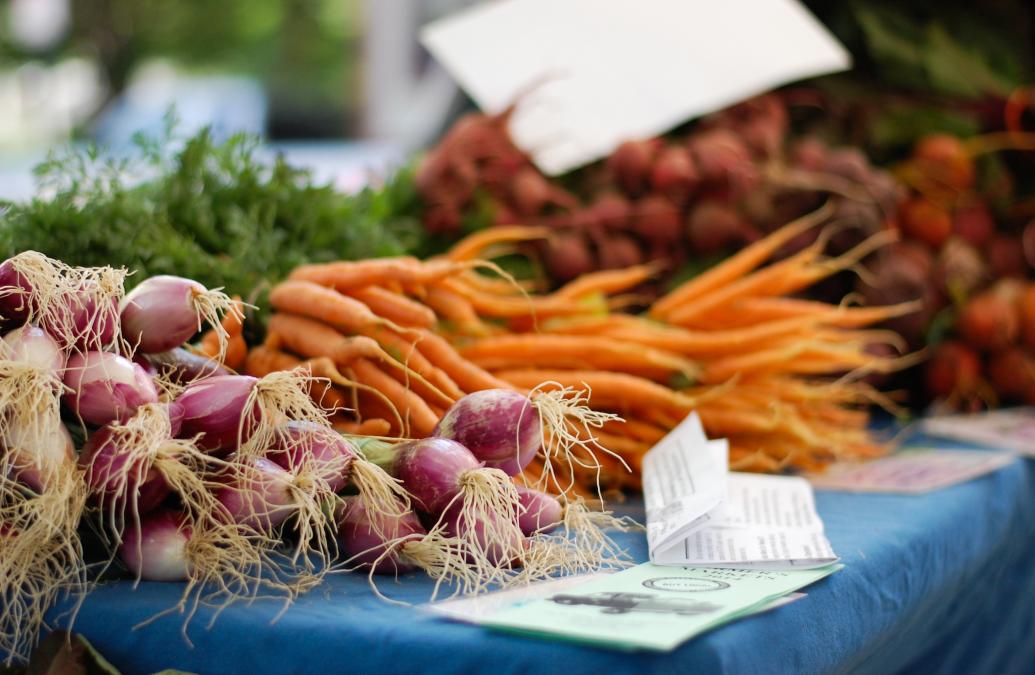
So, could a comprehensive program like Farm Fresh work in a bigger state? Sheri says no, not exactly. “A food hub is inherently responding to local conditions; it’s not extrapolatable like a Wal-Mart model. It’s the opposite. It’s built on local strengths and weaknesses. So the joke,” she says, “is ‘if you’ve seen one local food hub, you’ve seen one local food hub.’”
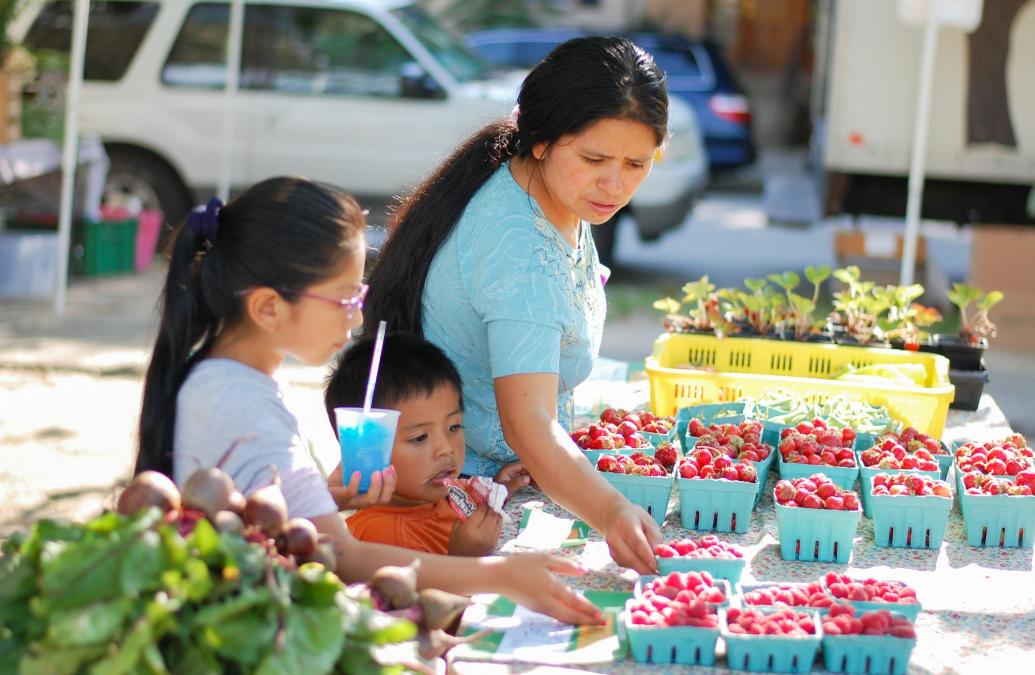
But a hub doesn’t only mean a place where local food is aggregated and distributed. “The other sense of the word,” says Sherri, “is a connection place.” And community-grounded connection – whether it’s between farmers and eaters or market managers and SNAP-spenders – is a concept that can be used to guide local food systems in any setting.
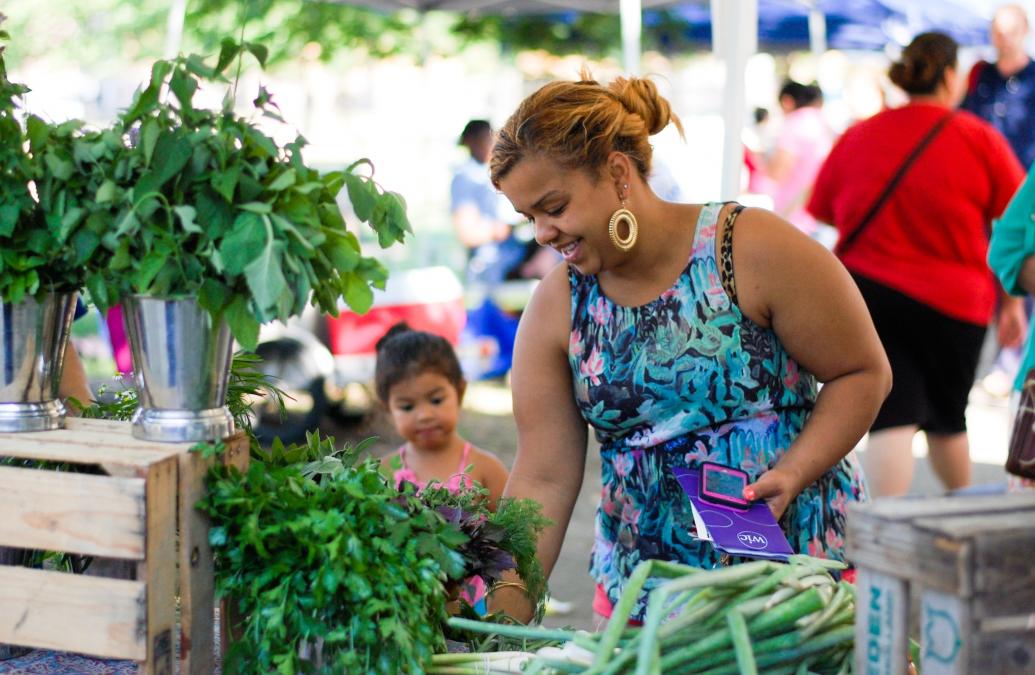
With 100 million dollars for food access programs in this year’s nationwide Farm Bill and sustainable food projects cropping up all over the country, that lesson seems to be sinking in. “We’re not the only ones doing this anymore,” says Sheri. “We don’t have to move every single peach. Other people will move peaches and we’ll recognize it as part of the growth of the whole local food system.”
Have you tasted a local tomato lately? Shopped at a farmers market, or taken a nutrition education class? For many Rhode Islanders, the answer is yes, thanks to Farm Fresh Rhode Island. In the ten years since it was founded, Farm Fresh Rhode Island has turned one state into a thriving healthy food system – and an example of success for a nation recognizing the need to go local.
